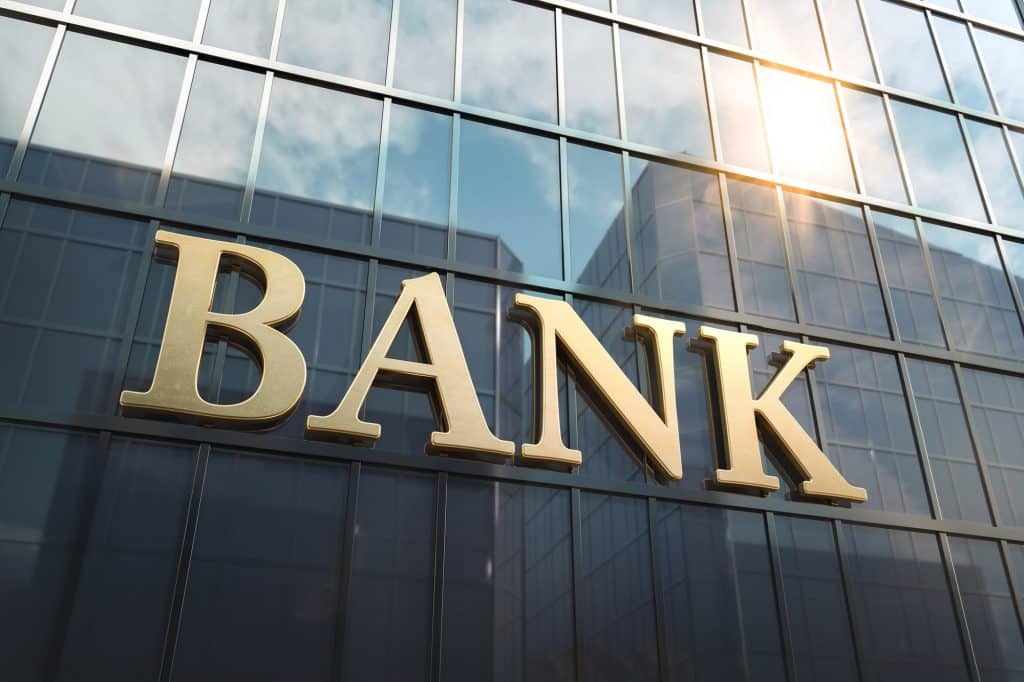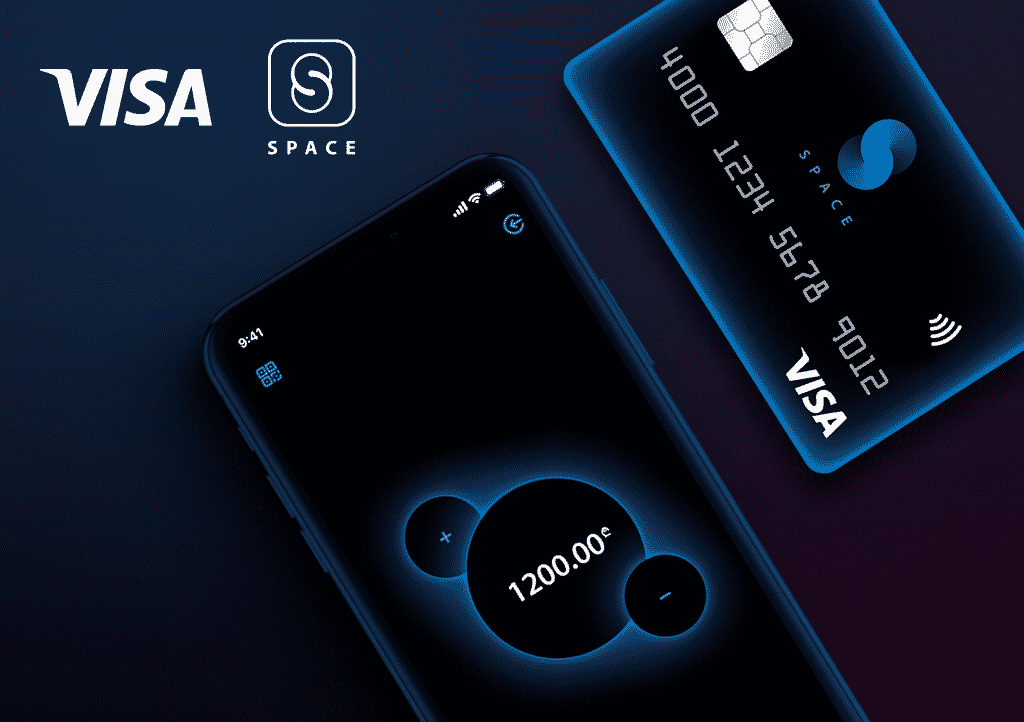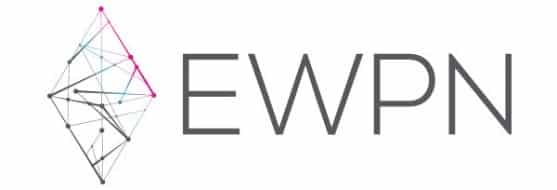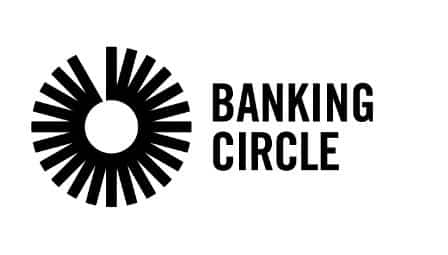In the past, people had a checking account and a single savings account. But those were the days when you paid by check and had to go into the branch to do any banking.
Times have changed! We can now send and receive money with a click of a button on your smartphones. So why are we still stuck in the same account habits?
If you’ve asked yourself, “how many bank accounts should I have?” read on. We’ve got all the answers.
How Many Bank Accounts Should I Have?
The average American has between $6000-$9000 in their checking accounts. But if you are one of those people, your money isn’t working as hard for you as it could be.
The great thing about multiple bank accounts is that you can separate your money for different purposes.
You can keep your money that is reserved for a vacation or emergency car and home repairs separate from your account that pays your monthly bills.
When your money is altogether in one lump sum, it is easier to spend money on things it wasn’t intended for.
Keep in mind that having multiple accounts is only beneficial if you aren’t paying a lot in fees and if the account doesn’t have minimum balance requirements.
Here are some of the best ways you can separate your money into various accounts.
Accounts for Saving
A savings account has many useful benefits. For one thing, these accounts tend to offer you higher interest rates.
Sometimes, these accounts place limits on how often you can withdraw from them. This might help you think twice about taking money out of your savings.
A lot of people have two different bank accounts: one savings and one checking.
But, two or more savings accounts are very useful for people who live paycheck to paycheck. Two or more savings accounts is a digital version of the jar saving system.
But instead of separating your savings into a jar labelled, car, school, and vacation, you have multiple accounts.
Here are some of the saving accounts you might have.
Emergency Fund
An emergency fund is a separate saving account that you use to save for unexpected costs.
For example, you could stash some funds in this account to save for job loss, unexpected car repairs and so on. Experts recommend 3-6 months of income be saved in this account.
Treat this account like a fire extinguisher in a glass case. You only break the glass and take out your money in a true emergency.
To grow this account, set an automatic transfer from your checking account on payday. It’s fine if you only deposit a little bit into this account each time you get paid. Over time, this fund will grow.
Short-Term Savings
A separate savings account can be set-up for your short term saving goals such as money for Christmas presents, a holiday or specific expenses like new tires for your car.
The goal of this account is to keep your money safe from accidental spending. You might have one for all your short-term saving goals, or you may prefer to have one for each goal.
The great thing about online banking is that you can name your accounts whatever you want. So you can make it clear what the purpose of each account is. Try to put a set amount into this account each pay period.
One way to help you stay on track is to figure out the total amount you need and when you need it by. Then divide that number by how many paychecks you’ll get until the goal date. This helps you figure out exactly how much money you need to set aside each pay to reach your goal on time.
Like the emergency fund, you do not use this money for bills, going out to eat or other superfluous expenses.
Long-Term Savings
You should also have an account for your long-term savings. You can save for things such as retirement or post-secondary education.
A regular savings account might not be the best place to grow your money.
Learn about investment management to help your money the most.
How Many Checking Accounts Should I have?
Now let’s talk about checking accounts. These accounts allow unlimited transactions such as withdrawals and purchases.
You may opt to have one checking account where you do all your spending. This means your paycheck gets deposited into this account. You also pay your bills from this account and buy groceries, gas for your car and go out to dinner from this account.
You can see how this may be problematic. The last thing you want is to spend money only to realize that now you don’t have enough for your rent or mortgage.
One of the best ways to avoid this is by having two checking accounts.
One account should be for your incoming funds such as paychecks. You should keep the funds you need for all your monthly bills in here.
Then, move the remainder of your money to a separate checking account. This is the account you can use for day-to-day spending. By doing this, you avoid spending money meant for your bills.
Final Words
There you have it. A complete guide to help you answer the question: “how many bank accounts should I have?”
Keep in mind that you may need to adjust this guide to suit your specific financial situation. You might find you need fewer accounts than we’ve suggested.
As long as you have a system that lets you divide your money into manageable and purposeful ways, that’s all that matters.
At CFI.co, we report on business, economics and finance to give you the information you need. Learn more about CFI here.






